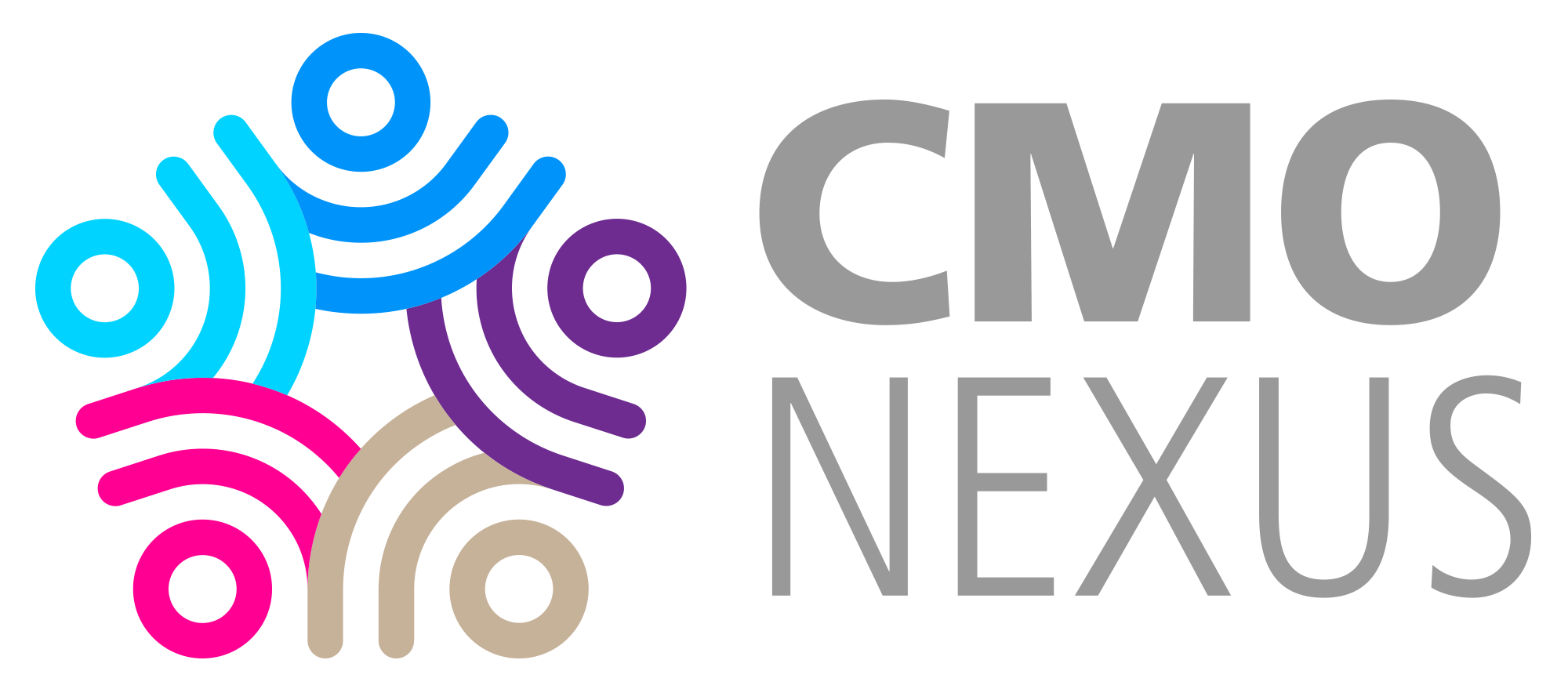How to Develop an AI-Driven Marketing Strategy

In today’s data-driven landscape, the role of marketing in businesses has reached unprecedented levels of complexity. Success in this dynamic environment requires businesses to leverage the capabilities of Machine Learning, Data Science, Deep Learning, and Artificial Intelligence (AI) to craft targeted, efficient, and effective marketing strategies. This article delves into the collaboration between Artificial Intelligence and marketing to create strategies fostering revenue growth and enhanced customer engagement. Additionally, we’ll explore various machine learning techniques and tools for analyzing customer data, identifying patterns, optimizing marketing campaigns, and delivering personalized customer experiences.
Learning Objectives
- Understanding AI marketing and its role in strategy creation.
- Exploring the benefits of utilizing AI in marketing strategies.
- Unraveling the steps involved in implementing AI for marketing within an organization.
- Identifying AI intelligence tools to incorporate in marketing strategies.
- Examining companies currently leveraging AI for optimized marketing strategies.
What is AI Marketing?
In the contemporary data-driven business landscape, marketing roles have evolved into intricate domains. Businesses aiming for success must integrate Machine Learning, Data Science, Deep Learning, and Artificial Intelligence into their marketing strategies to effectively reach their target audience. This article investigates the synergy between Artificial Intelligence and marketing, exploring how they can collaborate to create strategies that drive revenue growth and foster customer engagement. Various machine learning techniques and tools will be discussed, shedding light on the process of AI-driven marketing.
4 Types of AI Marketing
- Predictive Analytics
AI-powered predictive analytics utilizes machine learning algorithms to analyze historical data and predict future outcomes. This empowers marketing to identify customer behavior patterns, forecast sales, optimize pricing strategies, and anticipate customer churn. Informed decisions and proactive marketing actions can then be taken based on these insights.
- Natural Language Processing (NLP)
NLP involves AI techniques enabling computers to understand and process human language. Supporting sentiment analysis, chatbots, voice assistants, and language-based recommendation systems, NLP aids businesses in analyzing customer feedback, offering personalized customer support, and delivering targeted marketing messages.
- Image Recognition
Image recognition AI allows machines to identify and analyze visual content, such as images and videos. This capability enhances product discovery, improves ad targeting, and creates engaging visual experiences for customers. Visual search, content moderation, and personalized advertising are areas where image recognition plays a vital role in marketing.
Personalization
AI-driven personalization employs machine learning algorithms to analyze customer data and deliver personalized experiences across various marketing channels. This empowers businesses to understand individual preferences, recommend relevant products or content, and tailor marketing messages to specific customer segments, ultimately enhancing customer engagement and loyalty.
Benefits of Using AI in Marketing Strategies
- Personalized Customer Experience
Analyzing customer data, including web browsing behavior, past purchase history, and demographic information, businesses can utilize optimized AI algorithms for data analysis. This enables predicting individual customer preferences, improving customer satisfaction, increasing loyalty, and enhancing customer relationships through personalized recommendations and experiences.
- Better Contents and Offers for Customers
By analyzing customer data, businesses gain insights into preferences, interests, and behavior. This information facilitates the creation of more personalized and relevant content and offers. Utilizing AI-powered chatbots or voice assistants in real-time interactions further enhances customer engagement and support, contributing to effective Content Marketing and SEO activities.
- Improved Performance Metrics
Artificial intelligence algorithms enable organizations to optimize marketing campaigns and enhance performance metrics, including click-through rates, conversion rates, and customer acquisition costs. AI-powered tools automate A/B testing processes, swiftly identifying the most effective marketing messages and offers for improved campaign outcomes.
- Increased Productivity
AI marketing, by automating routine tasks and providing insights into customer behavior, enhances overall productivity. Automation of lead generation, customer segmentation, and other processes results in time and resource savings. Streamlining operations and offering actionable insights allows businesses to work more efficiently, make informed decisions, and achieve better results.
- Increases the Revenue of Businesses
AI marketing contributes to increased revenue by improving customer engagement, optimizing marketing campaigns, and identifying new revenue opportunities. Leveraging AI empowers businesses to achieve better results and maintain competitiveness in the dynamic digital marketplace.
Best Examples of AI in Marketing Used by Companies in 2023
AI has been a transformative force in the marketing landscape, with companies leveraging its power to optimize strategies and drive growth. Here are eight examples of companies using AI in marketing in 2023:
- Coca-Cola:
Leverages AI to personalize marketing campaigns and improve customer engagement. AI algorithms analyze customer data to create personalized messages that resonate with the audience.
- Amazon:
Uses AI to power its recommendation engine, suggesting products based on customer browsing and purchasing history. This AI-driven recommendation engine has significantly increased sales and improved customer satisfaction.
- Spotify:
Utilizes AI to personalize music recommendations, enhancing the user experience. AI algorithms analyze customer data to create personalized playlists aligned with individual music preferences.
- Sephora:
Employs AI-powered chatbots for customer engagement and query resolution. These chatbots utilize natural language processing (NLP) algorithms to understand and respond to customer queries effectively.
- Nike:
Leverages AI to personalize product recommendations, enhancing customer engagement. AI algorithms analyze customer data to create personalized shopping experiences aligned with customer preferences.
- American Express:
Utilizes AI to analyze customer data and detect fraud. Machine learning algorithms identify patterns and anomalies in customer transactions, preventing fraudulent activities in real-time.
- Uber:
Optimizes pricing strategy and improves revenue using AI. Machine learning algorithms and Predictive Analytics analyze customer demand, allowing dynamic pricing adjustments based on real-time demand.
- Mastercard:
Enhances fraud detection capabilities and prevents fraudulent transactions using AI. Machine learning algorithms and time series forecasting methods analyze customer data to identify suspicious activities in real-time.
In Conclusion
Machine learning and artificial intelligence (AI) are pivotal in transforming the marketing landscape. Businesses that leverage these technologies gain a competitive advantage by creating personalized experiences that resonate with their audience, driving growth. By incorporating machine learning algorithms, businesses gain valuable insights into customer behavior and preferences, enabling the creation of targeted marketing campaigns that deliver tangible results.
Key Takeaways
- Creating an AI-driven marketing strategy involves assessing existing processes, identifying bottlenecks, looking for automation solutions, and implementing, training, and scaling these solutions.
- A systematic approach, including continuous monitoring and optimization, is crucial for ensuring AI delivers desired results.
- Ethical considerations are essential when using AI for marketing. Transparency and respect for customer privacy and data rights must be prioritized.
- Machine learning and AI present tremendous potential for optimizing marketing strategies and driving growth.
- Staying updated on the latest AI-powered marketing tools and techniques enables businesses to create targeted, personalized experiences for sustained success.
Frequently Asked Questions
Q1. What is an AI marketing strategy?
- An AI marketing strategy utilizes artificial intelligence technologies and techniques to optimize marketing efforts. It involves leveraging AI to analyze customer data, automate processes, personalize experiences, and improve decision-making, ultimately driving superior marketing outcomes.
Q2. How can AI be used for marketing strategy?
- AI can be employed in marketing strategies by using AI-powered tools and platforms to gather and analyze large volumes of data, identify patterns and trends, automate tasks like customer segmentation and content generation, deliver personalized recommendations, and optimize marketing campaigns based on real-time insights.
Q3. What are the strategies in AI?
- Strategies in AI for marketing encompass various areas such as predictive analytics, natural language processing, machine learning, chatbots, recommendation systems, and image recognition. These strategies enable businesses to understand customer behavior, deliver personalized experiences, automate customer interactions, optimize ad targeting, and gain a competitive advantage.
Q4. How does artificial intelligence impact marketing strategies?
- Artificial intelligence impacts marketing strategies by enabling marketers to make data-driven decisions, understand customer preferences and behaviors in real-time, automate repetitive tasks, personalize marketing campaigns at scale, enhance customer experiences, and improve targeting and conversion rates. It helps businesses stay competitive in a rapidly evolving digital landscape.






Responses